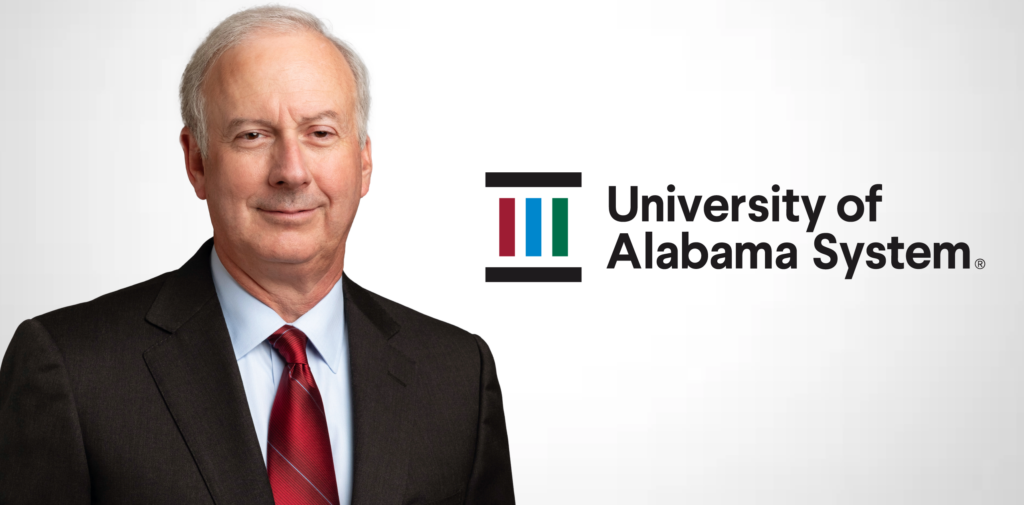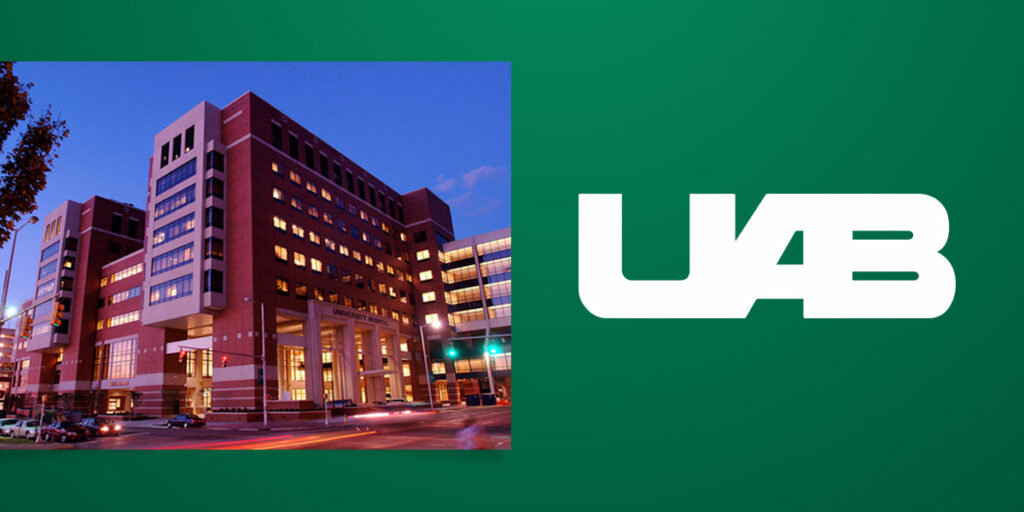Editor’s Note: The information published in this story is accurate at the time of publication. Always refer to uab.edu/uabunited for UAB’s current guidelines and recommendations relating to COVID-19.
More than 120 undergraduate, graduate and faculty members of the School of Nursing at the University of Alabama at Birmingham will soon begin working in UAB Hospital to support the fight against COVID-19. The faculty and students are joining the frontline health care workers who have been caring for COVID-19 patients since the start of the pandemic.
UAB Hospital is currently short on nursing staff due to the spread of the illness and because of the intensive care the disease requires for each patient.
The nurses and students will help provide bedside care, as well as assist with the distribution of the vaccine.
“As COVID-19 cases and hospitalizations continue to rise in our community, we are grateful to be able to offer our academic-practice partner, UAB Hospital, assistance from UAB School of Nursing faculty and students to help with staffing issues resulting from the surge in patients and to help with COVID-19 vaccine administration,” said Doreen C. Harper, Ph.D., dean and Fay B. Ireland Endowed Chair in Nursing, UAB School of Nursing. “Teams of highly qualified faculty and students will be providing care on units and working collaboratively with UAB Hospital staff to deliver safe, quality care to all patients. Historically, nurses have always answered the call — during World War II, other pandemics and the like — and again we are answering the call to meet the patient care needs of our community.”
Faculty and students received training last week and this week to refresh the skills needed to care for a patient with COVID-19, including learning how to safely put on and take off personal protective equipment and how to safely put patients in the proning position, which is the process of turning a patient from their back onto their stomach. The technique is especially beneficial to compromised COVID-19 patients with or without a ventilator, as it helps expand the back of the lungs.
The goal is not to replace the nurses in the hospital, but to support them.
“It is personal to me now,” said Summer Powers, DNP, a nurse practitioner and an assistant professor at the UAB School of Nursing. “I’ve been working alongside these nurses for a long time during all of this. They have been doing this for months. They are exhausted. It means a lot to me to be able to go and help our colleagues in this way. We aren’t rescuing them in any way, but we are supporting them.”
Of the more than 120 members of the School of Nursing who will begin working in the hospital, nearly 50 are faculty members, and more than 70 are undergraduate and graduate nursing students.
“I am so proud of the School of Nursing’s overwhelming faculty response to the COVID-19 surge and the call for help at UAB Hospital,” said Maria Shirey, Ph.D., professor and associate dean for Clinical and Global Partnerships in the School of Nursing. “This response is a reflection of our commitment to the tri-partite mission of teaching, research and practice and to our unique partnership between our school and UAB Hospital to address the health care needs of Alabamians.”
When Shirey and Powers emailed faculty and students to inform them of the need and identify interest in supporting the effort, the immediate response was not a surprise.
“It wasn’t, ‘Yes, I will serve.’ It was, ‘When can I start? I’m ready to go into the hospital today.’ Our students are eager for the opportunity to be able to do what they are being trained to do,” Powers said. “I feed off of the students’ energy. They have been really passionate about helping in some way, and now they feel like there is something they can do to help in this pandemic.”
Shirey adds the faculty had the same “can do” response.
The undergraduate students will serve as patient care technicians and will help with vaccine distribution. Faculty and graduate students, who are all licensed and trained registered nurses, will serve on patient care teams and provide bedside care in the hospital.
While the resounding yes to answer the call for help and additional hospital support are promising, Powers encourages the public to remain vigilant and practice the recommended safety guidelines to reduce the spread of COVID-19.
“Stay home. Wear your mask. Wash your hands. This is concerning to me. I’ve been in nursing a long time, and I’ve been at UAB for a long time. If a hospital like UAB is stressed to its resources and we are in crisis mode, I can only imagine what is going to happen in the community and beyond,” Powers said. “We are going to have facilities that cannot manage this. They are not going to be able to seek the level of care that we need. My message to everyone is please do your part while we are doing ours so we can get this pandemic under control.”
For more information about the novel coronavirus, visit www.uab.edu/fightcovid19.
(Courtesy of UAB)













